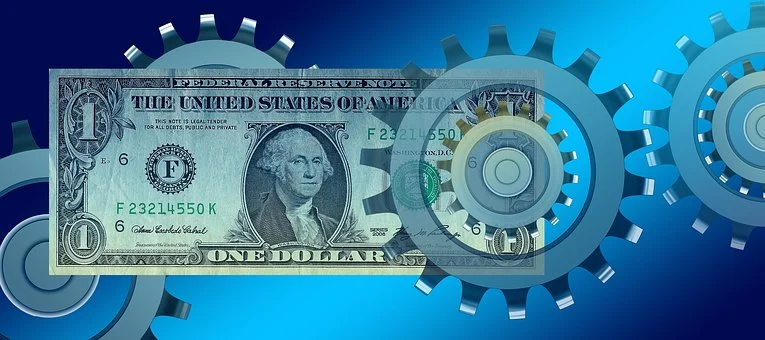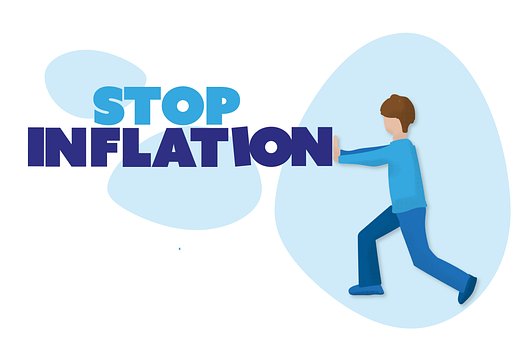Who is John Maynard Keynes?
John Maynard Keynes is a British economist who is recognized as one of the most influential economists of the 20th century.
Keynes was born in 1883 in Cambridge, England, and he graduated from King's College, Cambridge, with a degree in mathematics. He then went on to work for the British government during World War I, where he played a key role in setting economic policy.

Keynes is also known for his book, "The General Theory of Employment, Interest and Money" which was published in 1936. This book challenged the prevailing view of classical economics, which held that markets would naturally reach equilibrium without government intervention. Keynes argued that this view was flawed and that government intervention was necessary to address issues such as unemployment and economic recessions.
One of Keynes' most notable contributions is his belief in the importance of government intervention in the economy. Keynes argued that during times of economic recession, the government should increase spending in order to stimulate demand and create jobs. This approach, known as Keynesian economics, has been used by governments around the world to address economic downturns.
Despite his many contributions to economics, Keynes' ideas have been the subject of much debate and criticism over the years. Some argue that his emphasis on government intervention in the economy is misguided and that free markets are the best way to promote economic growth.
In addition to his contributions to economics, Keynes was also a member of the Bloomsbury Group, a group of artists, intellectuals, and writers who were influential in the early 20th century. He was also a patron of the arts, and supported the work of many artists and writers.
Overall, John Maynard Keynes was a complex and influential figure whose ideas continue to shape economic policy and debate to this day. Regardless of one's views on his ideas, there is no denying the significant impact that John Maynard Keynes had on economics and economic policy in the 20th century and beyond.
John Maynard Keynes is an important figure in the history of economics. He developed new theories that challenged mainstream economics, and his ideas continue to influence economic policy today.
The impact of John Maynard Keynes' economic theory on inflation
Keynes' economic theory had a significant impact on inflation, particularly in the form of his belief in government intervention to stimulate demand during economic downturns. Some argue that this approach can lead to increased inflation, as increased demand can lead to rising prices. However, others argue that Keynesian policies can actually help to prevent inflation by promoting stable economic growth and preventing recessions.

Active government intervention in the economy is being applied in many countries today, and especially in the context of the sudden economic downturn caused by the COVID-19 pandemic, governments around the world, led by the United States, have sought to boost the economy through proactive intervention. In particular, the United States has carried out almost unlimited quantitative easing. The US Federal Reserve has entered into a money-printing spree through zero interest rate policy and bond purchases. Direct cash distribution by the government was also made under the name of unemployment benefits for people who couldn't work due to COVID-19.
As a result, excessive cash liquidity heated up the asset market and ironically led to a surge in stock prices during the pandemic. The stock market experienced a V-shaped recovery, followed by a chasing of buy orders due to FOMO syndrome, ultimately resulting in the formation of a stock price bubble.
Furthermore, the result of excessive liquidity has brought about unprecedented inflation. The benchmark interest rate of the US Federal Reserve, which was at zero percent, has skyrocketed and is now approaching 5%. As a result, the rapidly rising asset prices have reversed direction and experienced a sharp decline throughout the year. In the process, who suffered the most damage? Of course, it was the individual investors.
Keynesian economic theory helps to stimulate the economy to a large extent. However, we have recently experienced the negative consequence of extreme use of the theory, which is high inflation. The practical application of any theory must be supported by good management. We must be aware that when a good theory is abused for the benefit of certain politicians' interests, there will be many innocent victims.